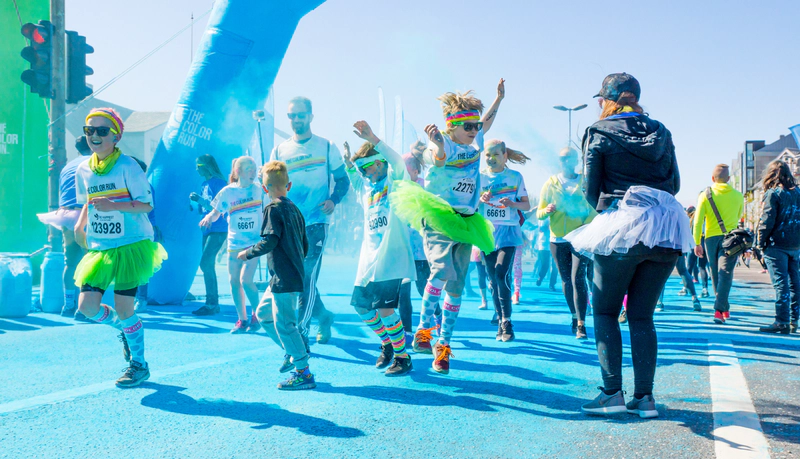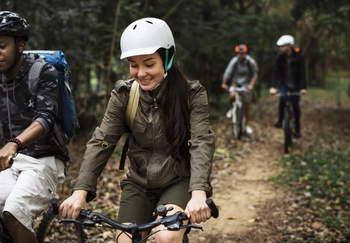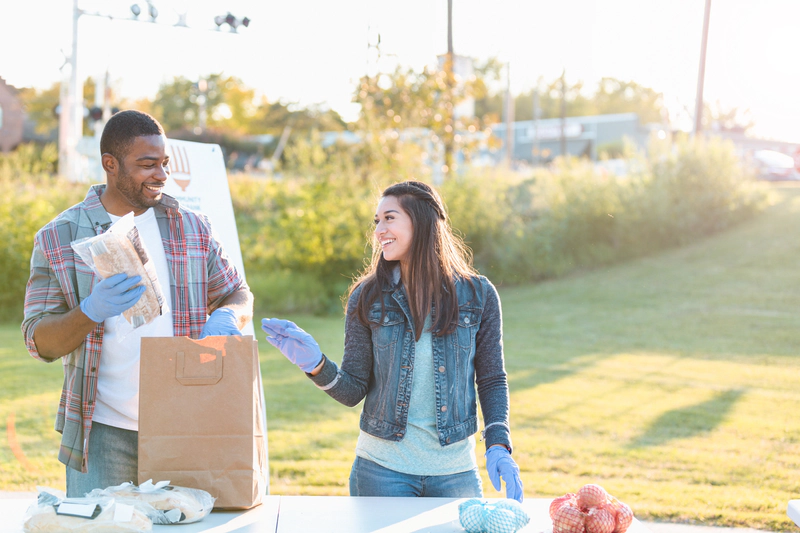Sober Does Not Mean Boring
Boredom is a dangerous condition for a person determined to stay sober. It’s smart for anyone in recovery to know the best ways to prevent themselves from feeling bored.

When a person completes a rehab program and starts a new life without drugs or alcohol, there’s always plenty of challenges ahead. There’s going to be pitfalls, upsets, and fatigue—all of which can make a person susceptible to relapse. But the most pervasive barrier to sobriety could be boredom.
Boredom doesn’t require the arrival of a person to act as a trigger. Nor does there need to be any fatigue or hunger making you susceptible. Boredom may be lurking around any corner, on any slow day when nothing was planned, when there’s no one entertaining around to keep things lively. On those days when nothing occupies your mind, your thoughts may wander off to disappointments or losses of the past.
Down that road lies the possibility of relapse. Anyone determined to maintain long-term recovery learns how to structure their life so that the positive influences outweigh the negative ones. And one of the vital ways to keep things positive is preventing boredom from weighing you down.
Why Boredom Is So Dangerous For a Person in Recovery
It’s not really surprising that boredom is such a barrier. After all, boredom always rates highly as a reason people why they started using drugs or alcohol in the first place. When youth are not motivated to achieve good educations and they don’t have a goal or a good life ahead they feel confident about, they may turn to partying just to have something interesting happening.
A person who’s trying to stay sober, who faces the same dreary boredom every day may eventually become so uncomfortable that they decide they have nothing to lose by drinking or using drugs again. Structuring one’s life to avoid crashing into this wall is a very high priority.
Iceland’s Example

It may seem out of place to cite Iceland as an example of how to maintain sobriety by avoiding boredom. But actually, this small country has been very successful on this front. In fact, they provide a model that anyone could adapt to their own life.
Just before the new millennium, Iceland had a messy, destructive problem. Iceland teens had the highest rate of drinking in Europe. At night, city streets were crowded with drunk teens.
Research revealed that 25% of all teens were smoking every day and 40% were getting drunk at least once a month. Further research showed that participation in organized activities was associated with an avoidance of drug and drinking problems.
State funding was allocated to create organized sport, music, art, dance and other activities. By engaging youth in group activities, they had alternate ways of doing something they considered interesting and they could feel good about what they were doing and learning.
Over the next decade or so, the number of youth participating in organized sports and other activities almost doubled and the number smoking cigarettes or marijuana or drinking plummeted. One of the researchers noted, “Protective factors have gone up, risk factors down, and substance use has gone down.”
By 2017, Iceland was at the top of the list for clean-living teens. From 1998 to 2016, the number of 15- and 16-year olds who had been drunk in the past month dropped from 42% to 5%. The percentage of those who had ever used marijuana fell from 17% to 7%. Daily smokers fell from 23% to just 3%.
Creating One’s Own Protective Factors
What are protective factors? When you’re interested in life, when you do not encounter crushing boredom, when you are productive and enjoy what you’re involved in—these are protective factors. They are just as effective for an adult in long-term sobriety as they are for an Icelandic teenager. For most people, just being around other people who are interested in life is another protective factor.
When you’re newly in sobriety, it may be hard to start getting engaged in activities with other people. This is when your self-discipline comes into play. You have to realize the need and see the value and simply put one foot in front of the other. If you sign up for a class or group activity, you have a little more inspiration to comb your hair, put on a clean shirt and arrive.
If you really do thrive on more solitary activities, no problem. Just adjust your plan to include sports, musical or artistic activities you can do alone.
A comment about meetings: Many, many people rely on support meetings to maintain their sobriety. No one understand the challenges you face better than someone else who has been through the same experience. It may take a few or several tries to find a meeting where you feel at home, where you respect the leadership and guidance. Persevere and find the right meeting.
Suggested Anti-Boredom Activities

Look over these suggestions and see which ones grab you.
Solo sports: Get outdoors, rent or buy a bicycle or kayak. Set a goal for distance traveled. Buy yourself an ice cream when you reach your goal. Keep track of your distance and beat it next time. If you’re a walker or runner, set an ambitious goal to be achieved at a future date and work steadily toward it. Or go to a different park or new part of town every week. Get a map and mark the trails, paths, waterfronts or parks you’ve completed.
Group sports: Look for running, walking, swimming or bicycling groups in your town. The internet is great for this. If you’re not internet-savvy, ask a librarian to help you. That’s what they are there for. In my town, running groups available through meetup.com have as many as a thousand members. That’s a lot of people for company!

Solo artistic activities: Pick up art supplies and then tune into online videos for lessons. Rather than just putting paint on paper, decide on a specific goal, such as drawing hands well, becoming a good cartoonist or painting relaxing landscape or seascapes. Then use videos, library books or purchased books to improve your skills.
Group artistic activities: Most medium-sized towns have an art center or a YMCA with art classes. If you’re new to art, pick a beginner’s class and then when you’re done, ask the faculty what would be a good class to follow. Here too, decide on a specific goal. Maybe there are certain types of art you really admire and you’d like to learn those skills. That gives you focus when you are choosing classes.
Solo education: Is there a skill you’ve always wanted? Like playing the guitar or learning to garden? Have you wanted to learn a new set of job skills? Get started. If you can’t afford classes, use the internet or your local library. Again, if you’re not familiar with libraries or the internet, as a librarian to help you get started. That is what they are there for. Always start with a goal that appeals to you strongly. State the goal then find out how to get the education that enables you to achieve it.
Group education: Look for a community college or an adult education center for day or night classes. Decide on a goal with a time you’d like to accomplish that goal. If you make progress but miss the deadline, acknowledge your progress and keep going toward the goal.
Volunteering

It’s not so easy to separate volunteering into solitary or group activities. But volunteering has been a key factor in many people’s recoveries. This is where a person can balance the scales for any neglect or harm that occurred during their addictions. This is where they can help someone else feel better. Which always helps one feel better about oneself.
No matter what else you’re doing to fight boredom, consider adding a regular schedule of volunteering to your life. The website VolunteerMatch.com might help you find an activity near and dear to your heart. Using this website, a search of volunteer opportunities near me resulted in thousands of choices. Librarians can help here, too.
Keep Your Interest in Life High
Keeping oneself from getting bored can sometimes feel like a chore. It does require that a person rise up out of boredom or even apathy and often, make a conscious decision to be interested in something. What a person gets interested in is not nearly as important as the act of choosing any positive action or event to get interested in.
The higher your interest in life, the more you feel like you are accomplishing goals, the better your chance of maintaining that precious sobriety. Your morale will be higher and you will simply be having more fun.
Sources:
- https://www.jsad.com/doi/10.15288/jsad.2019.80.15
- https://www.ncbi.nlm.nih.gov/pmc/articles/PMC3923420/
- https://www.theatlantic.com/health/archive/2017/01/teens-drugs-iceland/513668/
- meetup.com
- VolunteerMatch.com






 ®
®